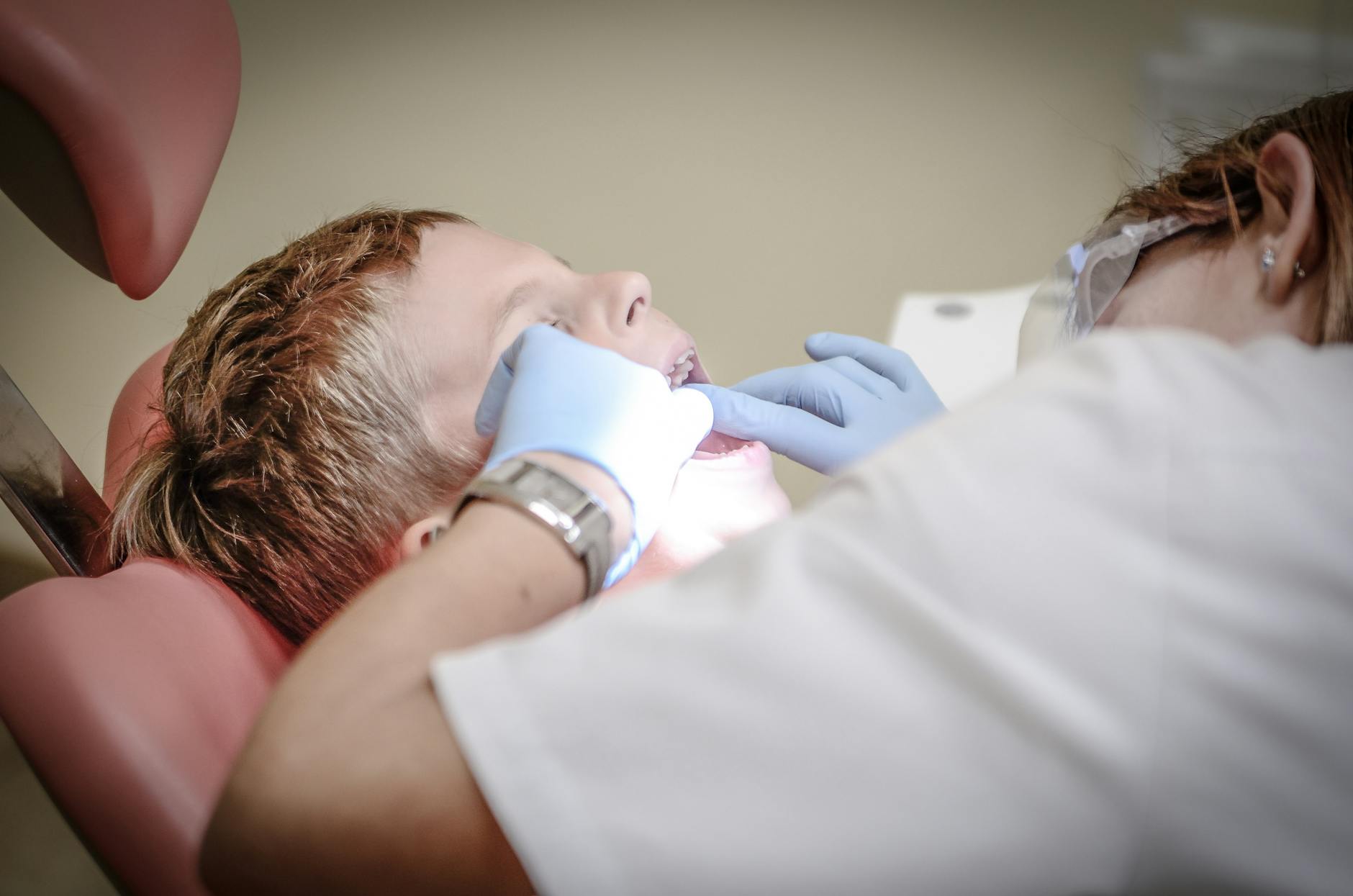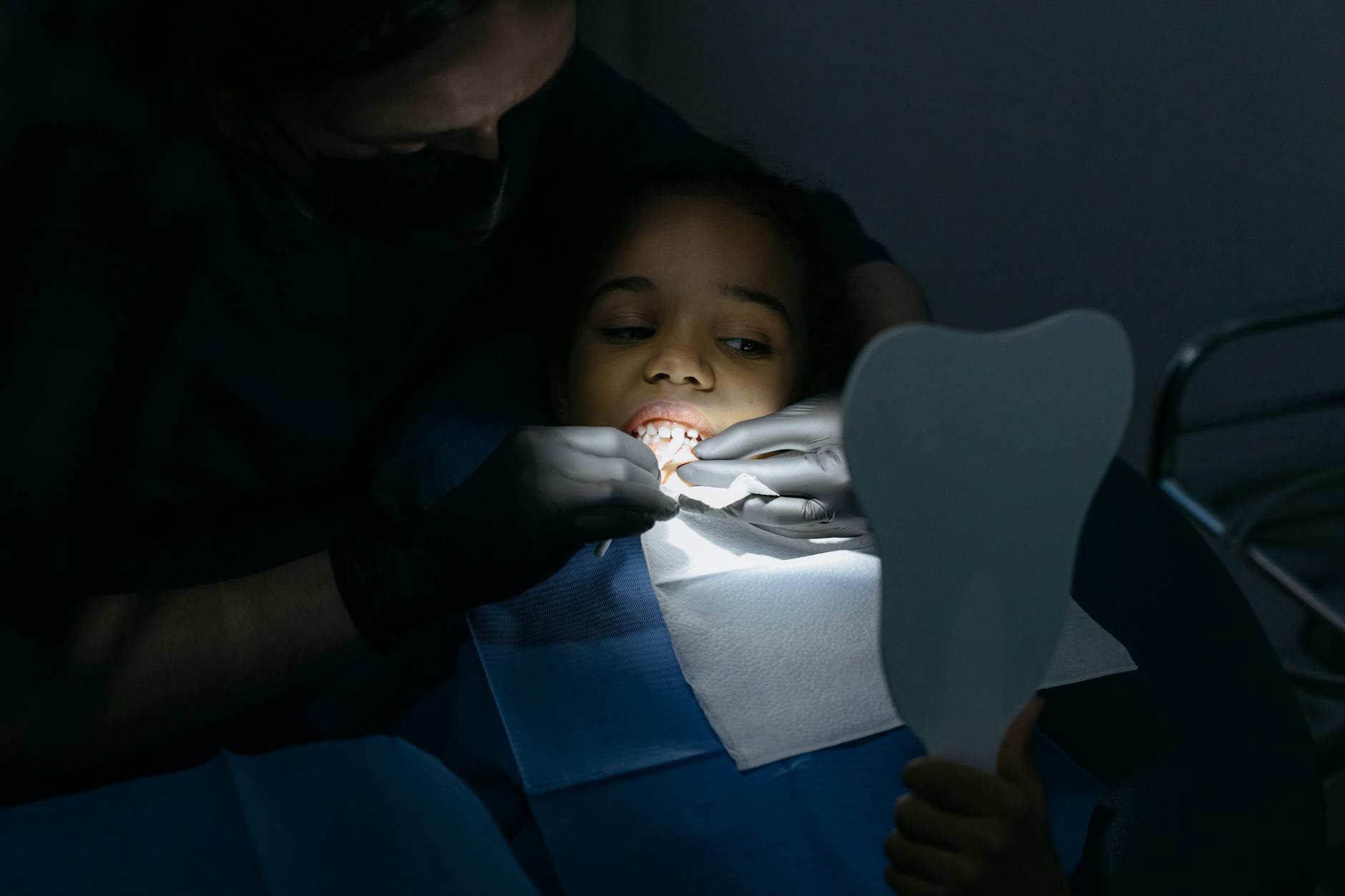
When I first encountered dental hypoplasia in a child patient in Dubai, I was quite taken aback by the impact it had on their young life. The city’s unique environmental factors seem to influence dental health in intriguing ways, making my job as a pediatric dentist both challenging and rewarding.
What is Dental Hypoplasia?
Dental hypoplasia is a condition characterized by the underdevelopment or incomplete formation of the enamel on teeth. This can result in thin, fragile teeth that are more prone to decay and sensitivity. It’s something I see often here in Dubai, where the harsh climate and dietary habits play a role.
Causes of Dental Hypoplasia in Dubai
Living and practicing in Dubai, I’ve noticed that environmental factors such as the high fluoride content in water, though beneficial in preventing cavities, can sometimes contribute to dental hypoplasia. A study by the Emirates Dental Society highlights the impact of these environmental factors on children’s dental health in the region.
Symptoms and Identification
One of the first things I look for are white spots, pits, or grooves on a child’s teeth. These symptoms, while common, can often be mistaken for other dental issues. However, with the right training and experience, it’s possible to identify dental hypoplasia early. In Dubai, I’ve also seen that children with this condition often experience increased sensitivity to hot and cold foods and beverages.
Impact on Children’s Lives
Dental hypoplasia doesn’t just affect teeth; it impacts a child’s confidence and daily life. I remember a young patient who was reluctant to smile or participate in school activities because of the appearance of her teeth. After comprehensive treatment, which included cosmetic bonding and fluoride treatments, her smile and confidence were restored. It’s moments like these that make my role as a pediatric dentist in Dubai so fulfilling.

Treatment Options
Treating dental hypoplasia requires a multifaceted approach. In Dubai, where access to state-of-the-art dental technology is available, we can offer treatments like composite bonding, fluoride applications, and even dental crowns for severe cases. The Ministry of Health and Prevention UAE provides excellent guidelines for treating dental hypoplasia, emphasizing early intervention and regular dental check-ups.
Preventive Measures
Preventing dental hypoplasia is a crucial part of pediatric dentistry. I always advise parents in Dubai to ensure their children maintain a balanced diet rich in vitamins and minerals, particularly during the early stages of tooth development. Regular dental check-ups are also vital to catch any early signs of enamel defects and take proactive measures.
The Role of Nutrition
Nutrition plays a pivotal role in the development of healthy teeth. Ensuring a diet rich in calcium, vitamin D, and phosphorus can significantly reduce the risk of dental hypoplasia. I often recommend that parents in Dubai incorporate more dairy products, leafy greens, and fish into their children’s diets. These foods not only strengthen teeth but also support overall growth and development.
Dubai’s Unique Challenges
Practicing in Dubai, I’ve learned to adapt to the unique challenges the city presents. The high temperatures and reliance on bottled water mean children might not always get the fluoride they need from tap water. I encourage the use of fluoride toothpaste and, in some cases, fluoride supplements to ensure optimal dental health.
Community Involvement
Community involvement and education are essential in combating dental hypoplasia. I frequently participate in school dental health programs across Dubai, teaching children and parents about the importance of dental hygiene and regular check-ups. These programs have shown great success in early detection and prevention of dental hypoplasia.
Personal Reflection
Being a pediatric dentist in Dubai has its unique rewards and challenges. Each day, I am reminded of the significant impact dental health has on a child’s overall well-being. The joy and confidence that come with a healthy smile are invaluable, and I am grateful to be part of this transformative journey for many young patients.
